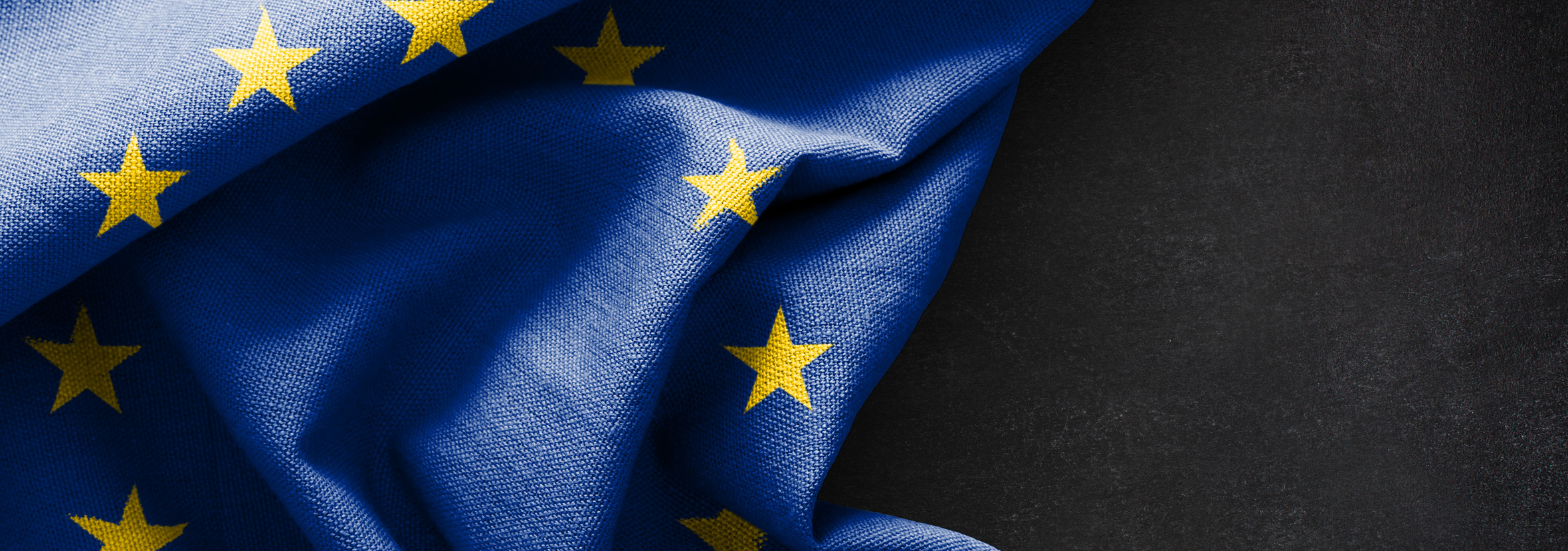Committee MEPs welcome Germany’s defence minister commitment to European defenc
New EU defence initiatives were discussed by foreign affairs and defence MEPs and Germany’s defence minister Ursula von der Leyen on Tuesday
Ms. von der Leyen noted that 2016 was a decisive year for the European defence policy. UK decision to leave the EU, the adoption a Global Strategy, which updated the EU’s common foreign and security policy objectives, but also the election of a new US president Donal Trump prompted the EU member states to stop questioning the need for European defence union and rather to concentrate on how to organise it.
She particularly thanked European Parliament for being a consistent and longstanding supporter of more and better European cooperation on defence.
Commenting on particular EU defence initiatives, German defence minister stressed the added value of new decisions: setting up of a Military conduct and planning capabilities to lead the non-executive EU operations, the creation of European defence fund and the promotion of permanent structured cooperation to facilitate the European solution for different defence projects, such as European logistical hub, medical facilities or cyber innovation hub.
Many MEPs expressed their support for defence minister’s commitment to European Defence Union and urged to maintain this new level of ambitions. Asked on the future of EU-NATO cooperation Ms. von der Leyen acknowledged that after the conflict in Ukraine NATO had to be revitalised, but the EU also needed to stand up. The EU and NATO could avoid overlapping efforts, as the EU’s actions could be more effective in Africa, while NATO could do more in other areas, she stressed.
Replying to MEPs questions on Turkey and its relations with the EU and NATO, the minister said that Turkey was a difficult partner, but that it was better to have them in NATO and to maintain relations, than to have no relations at all.



